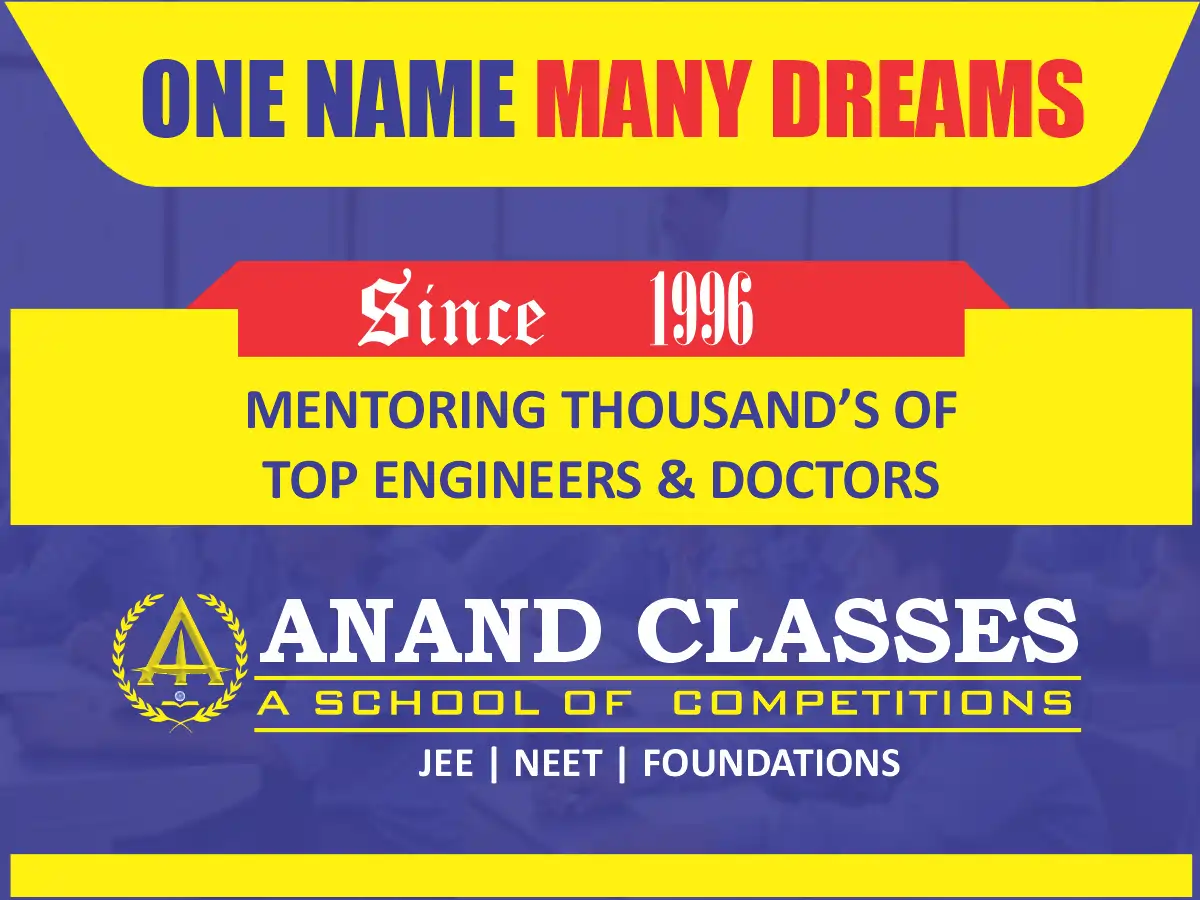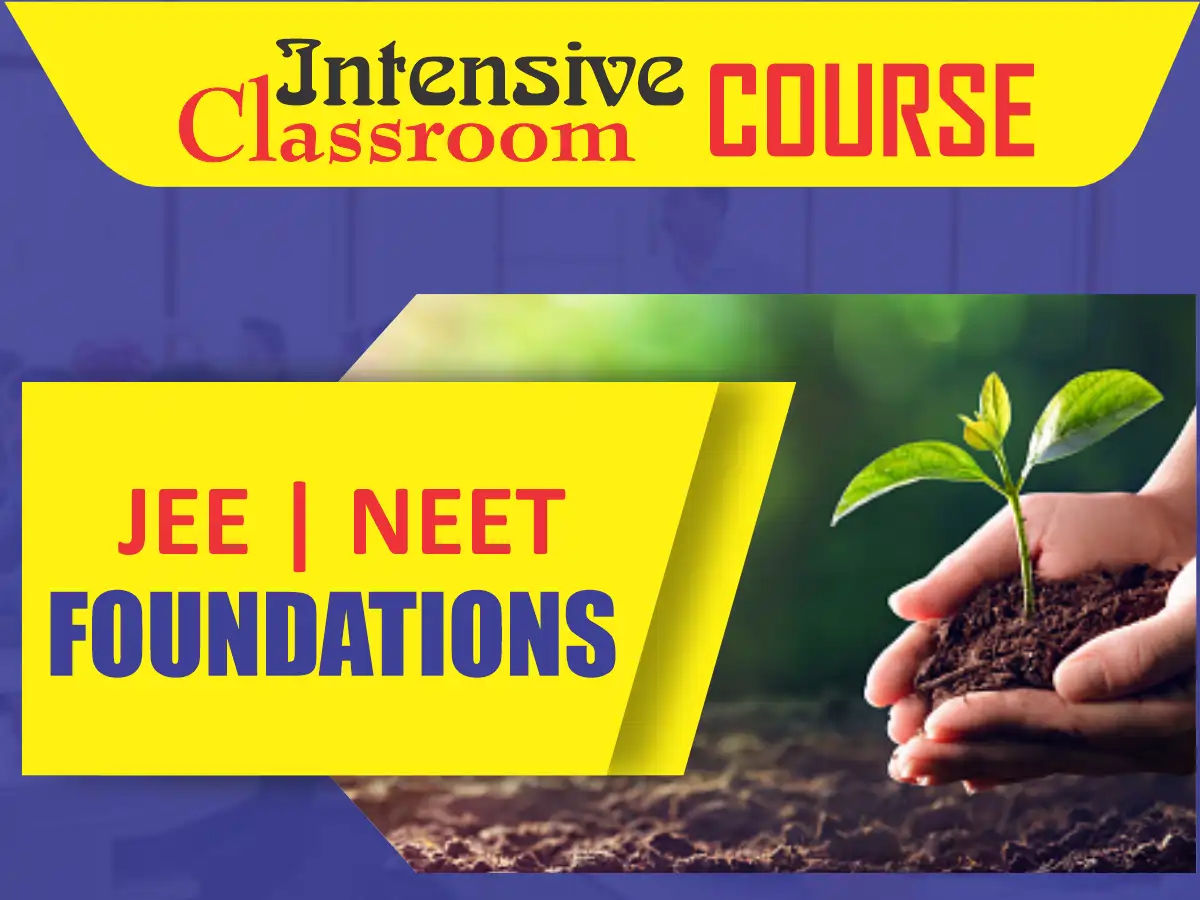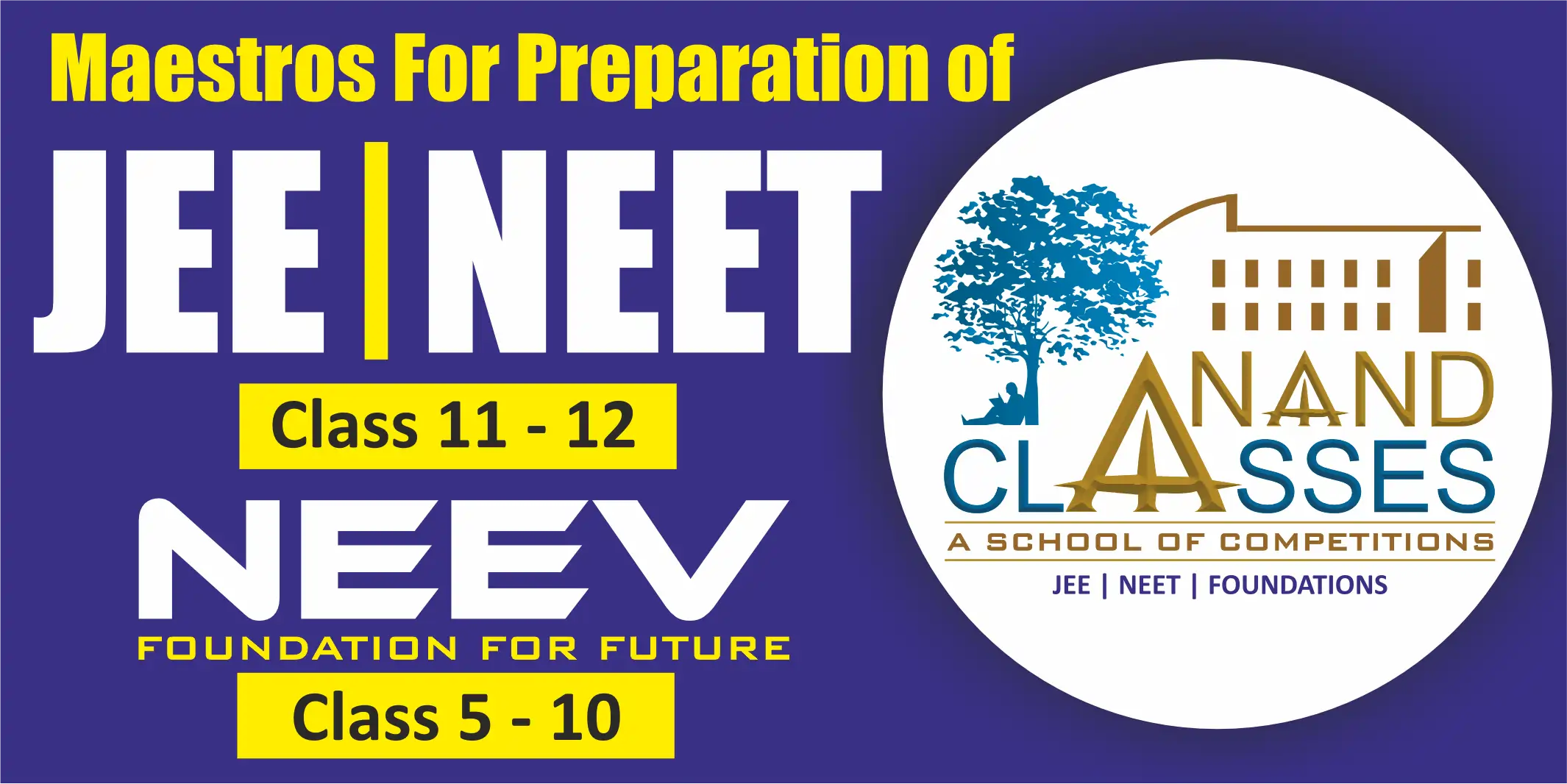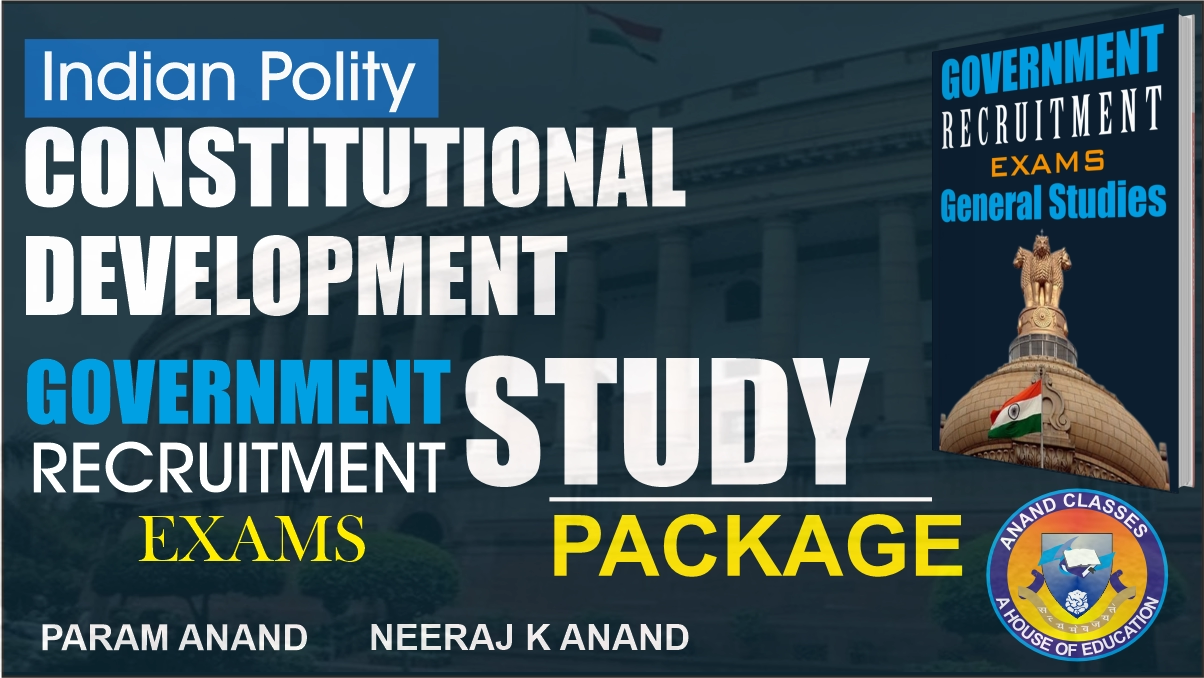NIRMAL ANAND Educations
Written by: Neeraj Anand
Published by: Anand Technical Publishers
Under: Anand Classes
Contact: +91 9463138669
Email: anandclasses1996@gmail.com
Buy Complete Study Material: Click Here
Characteristics of Indian Constitution
- The Lengthiest Constitution in the World
The Indian Constitution is the most detailed and comprehensive constitution in the world. - Universal Adult Franchise
Every Indian citizen above 18 years of age has the right to vote without discrimination. - Blend of Rigidity and Flexibility
Some provisions of the Constitution can be easily amended, while others require special procedures. - Parliamentary Government
India follows the Westminster model of democracy where the President is the constitutional head, and the Prime Minister is the executive head. - Independent Judiciary
The judiciary is free from the influence of the legislature and the executive to ensure justice for all. - Federal System with Unitary Features
India has a federal structure with powers divided between the Centre and States but retains strong unitary elements. - Secular State
India does not favor any religion and treats all religions equally. - Single Citizenship
All Indians, irrespective of the state they belong to, are citizens of India. - Single Constitution
The same Constitution applies to the whole country, except Jammu & Kashmir (until Article 370 was abrogated in 2019). - Division of Power Between Centre and States
The Constitution divides legislative, executive, and financial powers between the Centre and the States. - Emergency Provisions
In times of national crisis, the Constitution provides emergency provisions to protect the nation’s integrity. - Single Judiciary
India has an integrated judicial system with the Supreme Court at the top, followed by High Courts and subordinate courts. - Power of Parliament to Amend Constitution
The Parliament has the authority to amend the Constitution under Article 368. - Independent Bodies
The Constitution establishes independent bodies like the Election Commission, Comptroller and Auditor General (CAG), etc.
Frequently Asked Questions (FAQs)
Q1: Why is the Indian Constitution considered the lengthiest in the world?
A: The Indian Constitution is the lengthiest because it incorporates detailed provisions on governance, administration, fundamental rights, directive principles, and emergency provisions.
Q2: What is meant by Universal Adult Franchise?
A: It means that every citizen of India above the age of 18 years has the right to vote in elections without discrimination based on caste, gender, religion, or economic status.
Q3: How does the Indian Constitution ensure secularism?
A: The Indian Constitution ensures secularism by not giving preferential treatment to any religion and guaranteeing freedom of religion under Article 25-28.
Q4: What is the importance of an independent judiciary in India?
A: An independent judiciary ensures the protection of fundamental rights, interpretation of laws, and checks and balances on the executive and legislature.
Q5: How is the Indian Constitution both rigid and flexible?
A: Some amendments require a simple majority (flexible), while others need a special majority and state ratification (rigid).
Multiple Choice Questions (MCQs)
1. Which of the following is NOT a feature of the Indian Constitution?
a) Single Citizenship
b) Presidential System of Government
c) Independent Judiciary
d) Federal System with Unitary Features
Answer: b) Presidential System of Government
Explanation: India follows a parliamentary system, not a presidential one.
2. What is the minimum age required to vote in India?
a) 16 years
b) 18 years
c) 21 years
d) 25 years
Answer: b) 18 years
Explanation: The 61st Constitutional Amendment Act reduced the voting age from 21 to 18 in 1988.
3. Which article of the Indian Constitution provides for amendments?
a) Article 352
b) Article 368
c) Article 370
d) Article 395
Answer: b) Article 368
Explanation: Article 368 deals with the procedure for amending the Constitution.
4. Which body is responsible for conducting elections in India?
a) Supreme Court
b) Parliament
c) Election Commission
d) NITI Aayog
Answer: c) Election Commission
Explanation: The Election Commission of India (ECI) is an independent constitutional body responsible for conducting free and fair elections.
5. How many types of emergencies are provided in the Indian Constitution?
a) 1
b) 2
c) 3
d) 4
Answer: c) 3
Explanation: The three types of emergencies are National Emergency (Article 352), State Emergency (Article 356), and Financial Emergency (Article 360).
Summary
Explore the salient features of the Indian Constitution, its key characteristics, FAQs, and multiple-choice questions (MCQs) for competitive exams like NDA, CDS, UPSC, AFCAT, RRB, IBPS-PO, SSC, KVS, CLAT. Buy complete study material at Anand Classes.”
- Characteristics of Indian Constitution for UPSC
- Salient features of Indian Constitution for NDA Exam
- Indian Constitution MCQs for SSC
- Indian Constitution FAQs for IBPS PO
- Emergency provisions in Indian Constitution for CDS
- Parliamentary System in Indian Constitution for AFCAT
- Indian Judiciary Features for CLAT Exam
- Buy NDA Study Material Online
- UPSC Constitution Notes PDF Download
For more detailed study material, visit Anand Classes.









